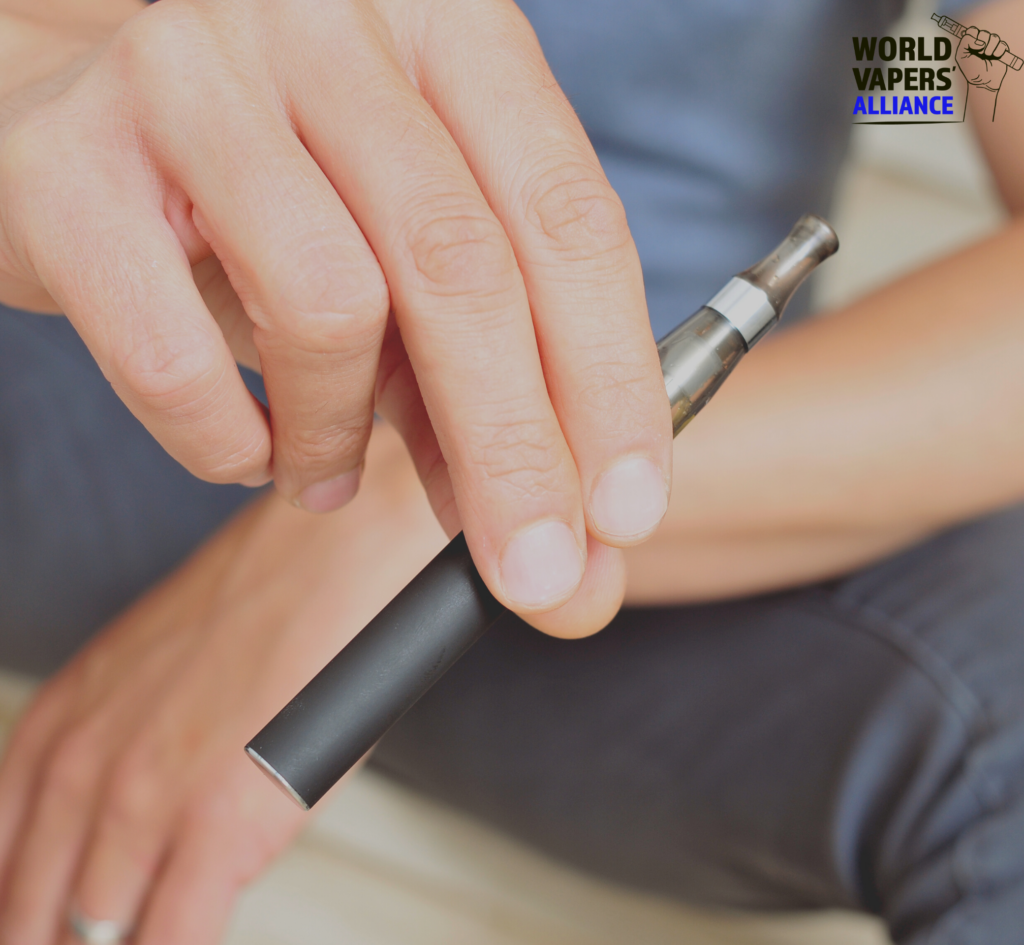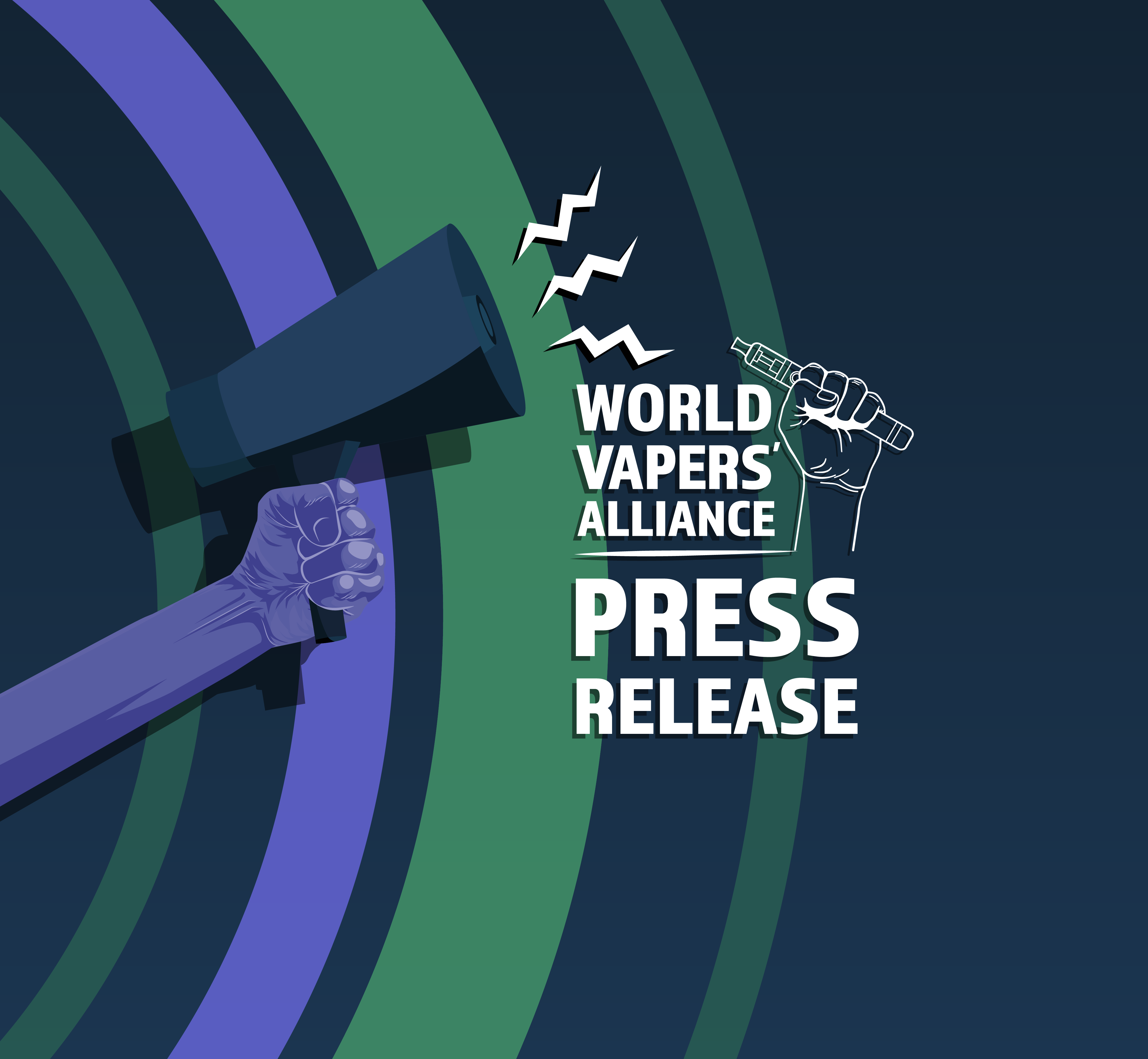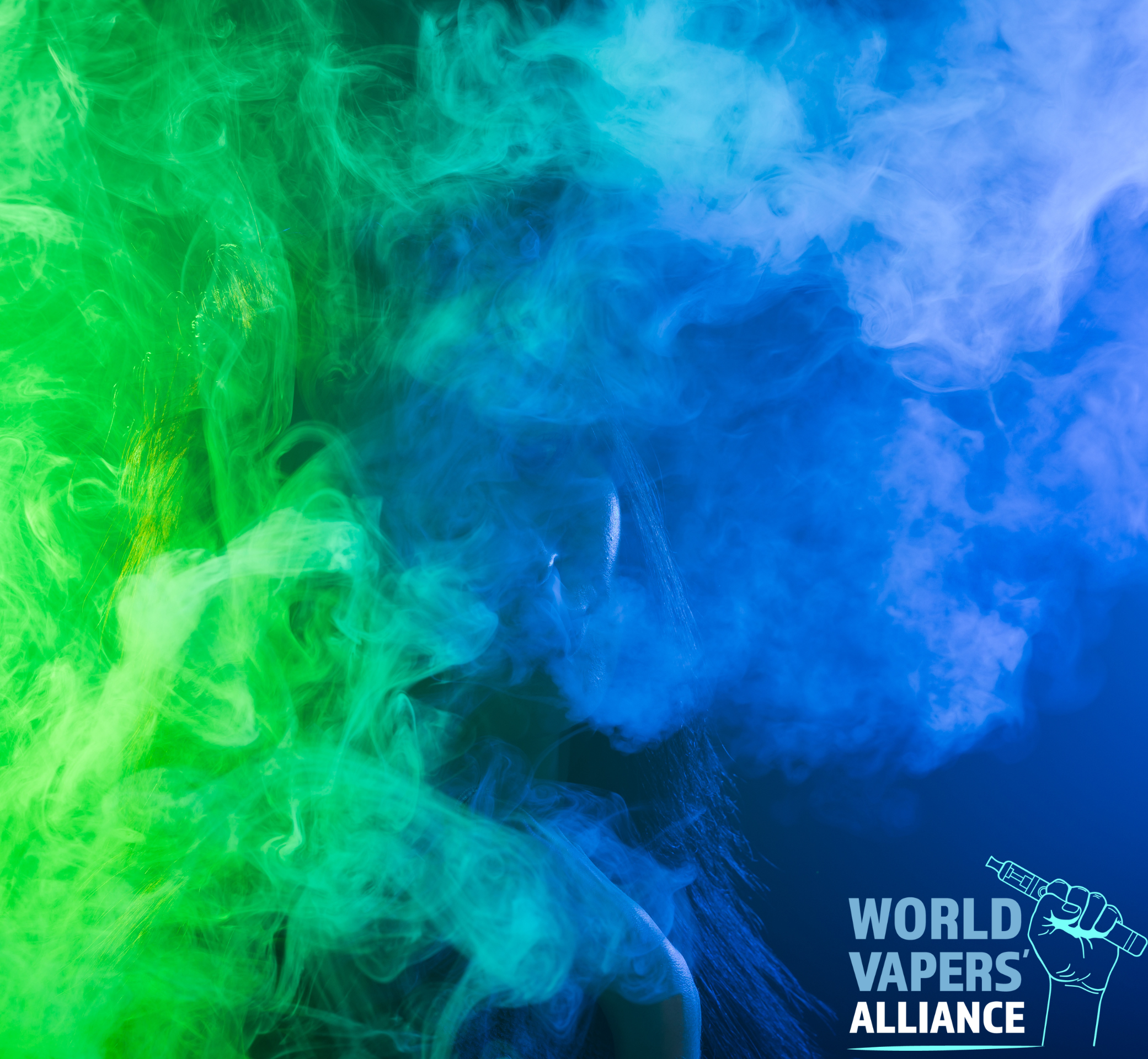Vaping is under the target of counterproductive restrictions globally, which is no news. However, the question is how far the prohibitionist approach can go and where it stops. Is there a chance for further restrictions to be implemented after an existing full-scale vape ban? Apparently, there is.
The Union Health Ministry of India recently clarified that possessing vapes is strictly prohibited. As a reminder, the government of India enacted a vape ban in 2019, which implied the prohibition of import, export, transport, sale, manufacture, distribution, storage and advertisement of vapes.
It is ironic that according to the government of India, draconian measures are in place to serve the interest of public health in the country. Sadly, the visible implications of the ban have nothing to do with public health improvements but quite the contrary.
The ban in India has already been failing on a large scale due to the emergence of illicit trade, thus putting consumers’ health at worse risk. However, as a response, the government decided to carry on with even stricter measures and criminalise the consumers who might possess the vapes. What gets more Orwellian is that the ministry launched a portal where a citizen can incriminate fellow citizens for violating this law and even track it as the investigation proceeds.
In contrast, in the UK, not only does the government have a progressive approach towards vaping, but the NHS is recommending vaping as a smoking cessation tool for adults, precisely for the same reason – to improve public health and decrease smoking rates and smoking-related illnesses.
“What is happening in India is an unfortunate yet good example that if vapers do not raise their voices against the harmful vaping restrictions now, the government might fully prohibit the adult choice to switch to less harmful nicotine alternatives. Sadly, the heavier the restrictions, the harder it gets to hope for a reverse approach with the progressive smoking cessation strategy in place,” – said Liza Katsiashvili, Community Manager of the WVA.
The vaping community in India is highly concerned about the situation:
“India appears to have become caught up in the race to rack up tobacco control measures ahead of COP10 in November. This sudden ban on possession of vapers is especially draconian as it attempts to reverse the government’s assurances that it will not criminalise citizens who vape and further erodes the right of 120 million Indian smokers to make safer choices. By the government’s earlier admission, such a measure is unimplementable in a vast and populous country like India.
From the news reports, we understand this is an ‘opinion’ expressed by a mid-level health ministry bureaucrat, reasoning that if the sale, import, export, etc. of vapes is prohibited, it implies their possession is also banned. We are consulting legal experts on whether a bureaucrat can reinterpret government policy, especially in a way that criminalises millions of Indians trying to manage risk by switching from smoking to vaping. If needed, we will support a legal challenge to this new interpretation as it can lead to increased harassment of vapers by police, simply for trying to avoid smoking harms,” – said Samrat Chowdhery, director of the Association of Vapers India – a consumer nonprofit that represents the rights of 270 million Indian tobacco users to access safer nicotine alternatives.
WVA calls upon the government of India to reconsider the inefficient vape ban and develop a tangible harm-reduction strategy that will respect the choice of adult consumers and enable them to switch to less harmful alternatives, thus considerably improving the country’s public health.




